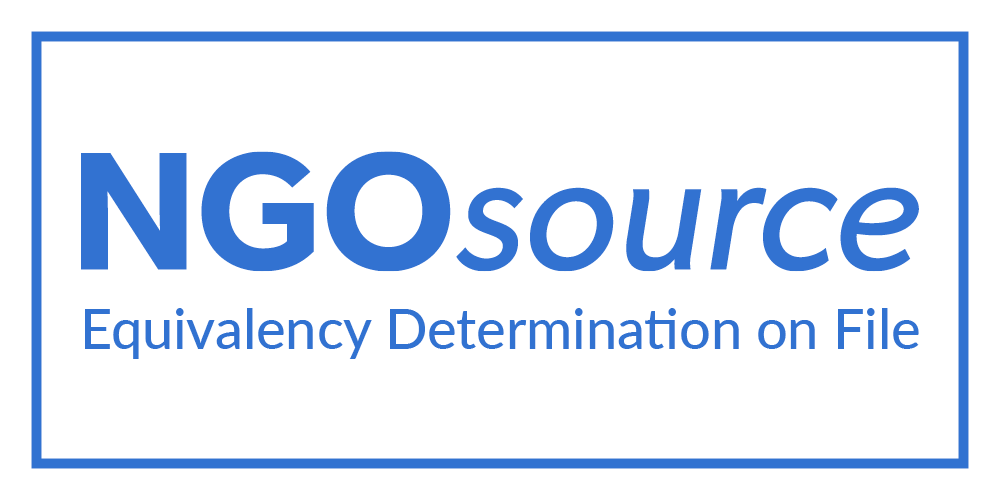We are a non-profit research initiative working towards a just and inclusive financial ecosystem that serves the transition needs of our time with dignity.

About Rabia
Our Views
New development pathways are required to support society's transitions to a cleaner, more sustainable, more just, and more inclusive world. The Paris Climate Agreement suggests an active role for the financial sector in forging these pathways. However, transitions are fraught with difficult uncertainties and challenges and moving forward requires engaging with the 'messy middle'.
Rabia adopts a systemic, holistic approach to identify the key leverage points and institutional partners for interventions in African and other global South economies. Rabia works at the nexus of financial, environmental, economic, and social thinking, bringing a unique transitions perspective to finance. It helps partners engage with the complexity of issues they are facing, whilst helping them chart a clear, actionable path forward.
Our Name
Rabia name embodies the spiritual legacy of Rabia Aladawia, who taught of love, compassion, and oneness. The name also represents rage (Spanish meaning), alluding to the dissatisfaction with deepening injustices, and our passion and focus to address these. Our name carries the vision of ushering in a fresh approach and role for finance (Spring, its Arabic meaning). These spiritual essences inspire Rabia’s work, which was founded based on guidance from the founder’s spiritual teacher of need for caring and sharing amidst the multiple challenges the world is facing.
Our Expertise
Founding Director and ex-banker Dr. Chantal Naidoo has drawn on her experience from more than 25 years in investment banking, development finance, and climate finance to assemble an international team and network of partners.
Rabia's advisors and senior associates bring expertise in crafting national and global climate change policies, negotiating energy-focused development finance loans, and analysing physical and transition risks to offer bespoke research. Our analysts have unique skills in financial analysis and impact investment, energy and environmental law, and geospatial mapping of physical and biodiversity risks.
Our work culminates in developing bespoke financial policy proposals, financing mechanisms for transitions, as well as building implementation and response capabilities of the institutions engaged.
Our Passion
We are passionate about navigating the uncharted waters of a financial ecosystem in transition. We do so with intentionality, integrity, courage, an openness to learning, and — above all — care for the future. We believe each person and institution can and should contribute towards a new era of existence, built on love and compassion, our interconnectedness to each other and to creation.
Our Board
Rabia’s work is overseen by a group of international experts with experience in government through climate change negotiations, international diplomacy, energy transitions, as well as in the private sector and civil society.
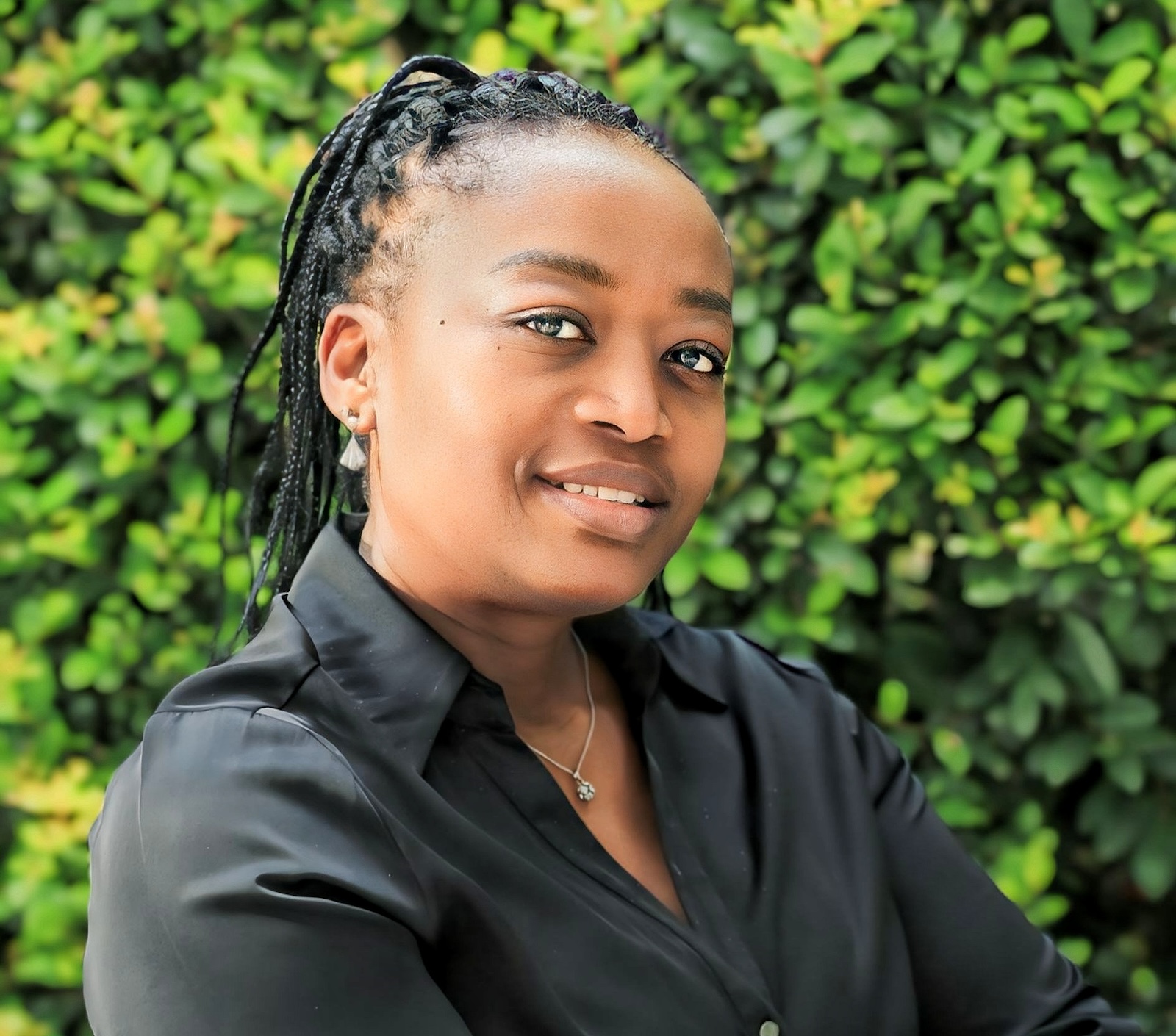
Dorah Modise
Chair of the Board
Dorah Modise is a sustainability expert with more than 25 years in different sectors including all spheres of government, the property sector, and academia. She is currently the CEO of the Paper and Packaging PRO Alliance. Dorah has served on South Africa's climate change and sustainable development negotiations teams and led the development of key policy instruments including the country’s Green Economy Framework and the National Green Fund in collaboration with the Development Bank of South Africa. She holds a Master’s degree in Environment and Development from the University of Sussex, and MBA from GIBS - University of Pretoria, a post-graduate diploma in Environmental diplomacy from the university of Geneva as well as numerous other qualifications in the area of sustainability and leadership.
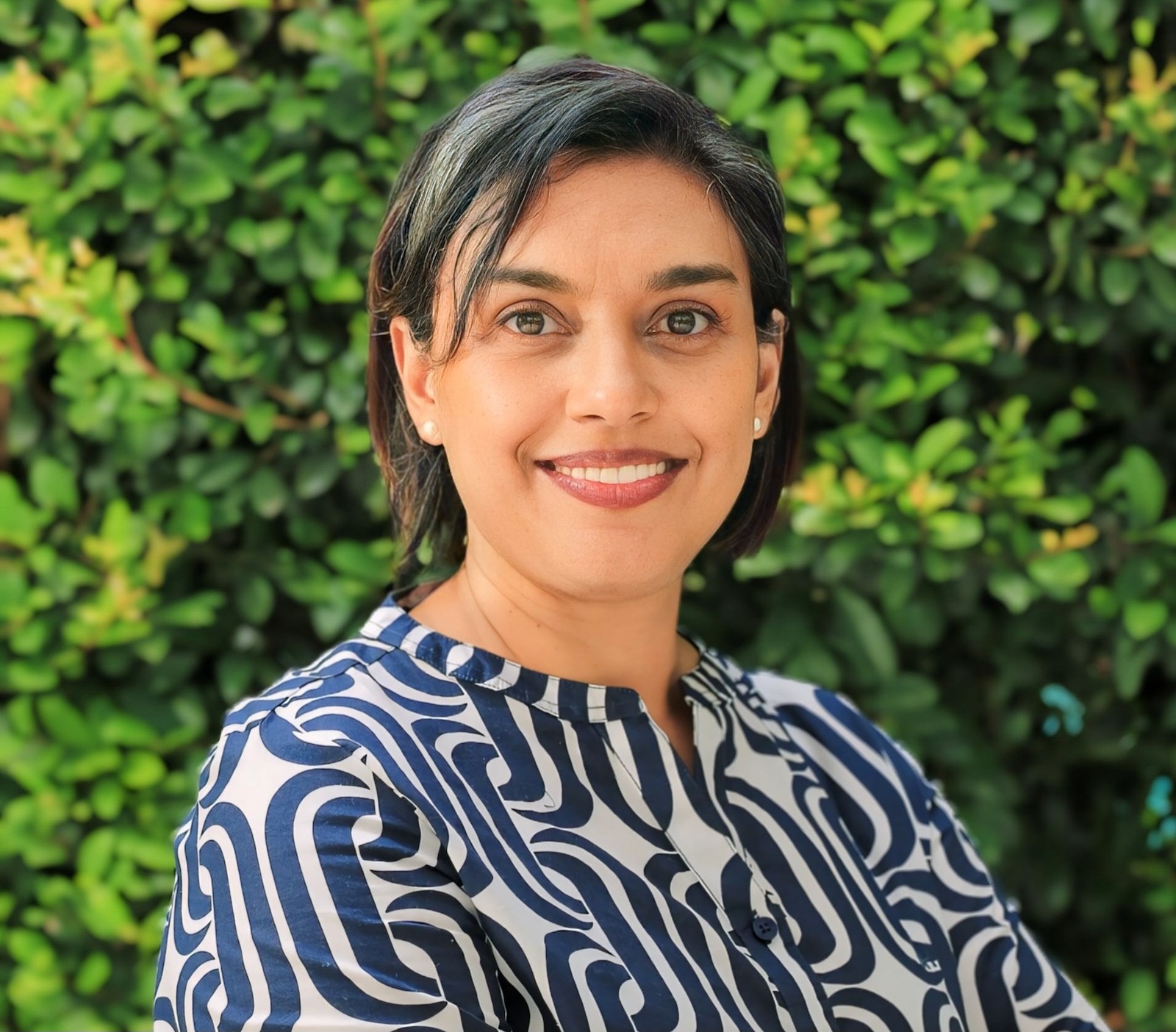
Chantal Naidoo, PhD
Founder and Executive Director
Dr Chantal Naidoo specialises in finance within a transitions context, with more than 25 years experience across several finance disciplines, including climate finance and academia across the African region and abroad. Her work on climate finance with the Green Climate Fund (GCF) offered a unique understanding of developing country needs, challenges in accessing finance, and need for strategic approaches to climate finance. She developed pioneering structures and policies such as the Green Fund at the Development Bank of Southern Africa, led climate finance policy research for the Government of South Africa, and contributed towards designing the GCF’s Readiness Programme. She authored the UNFCCC’s first chapter on Article 2.1c in the 2020 Biennial Assessment on climate finance flows. During 2022, she served as Lead Researcher on the Presidential Climate Finance Task Team, and its work on South Africa’s Just Energy Transition Partnership and Investment Plan. Her PhD, from the University of Sussex, focused on role of financial sector in sustainability transition processes. She founded Rabia in May 2021. Chantal also serves as a non-executive Director of the Development Bank of Southern Africa and as a trustee of the Women's Legal Center.
Explore Chantal's insights
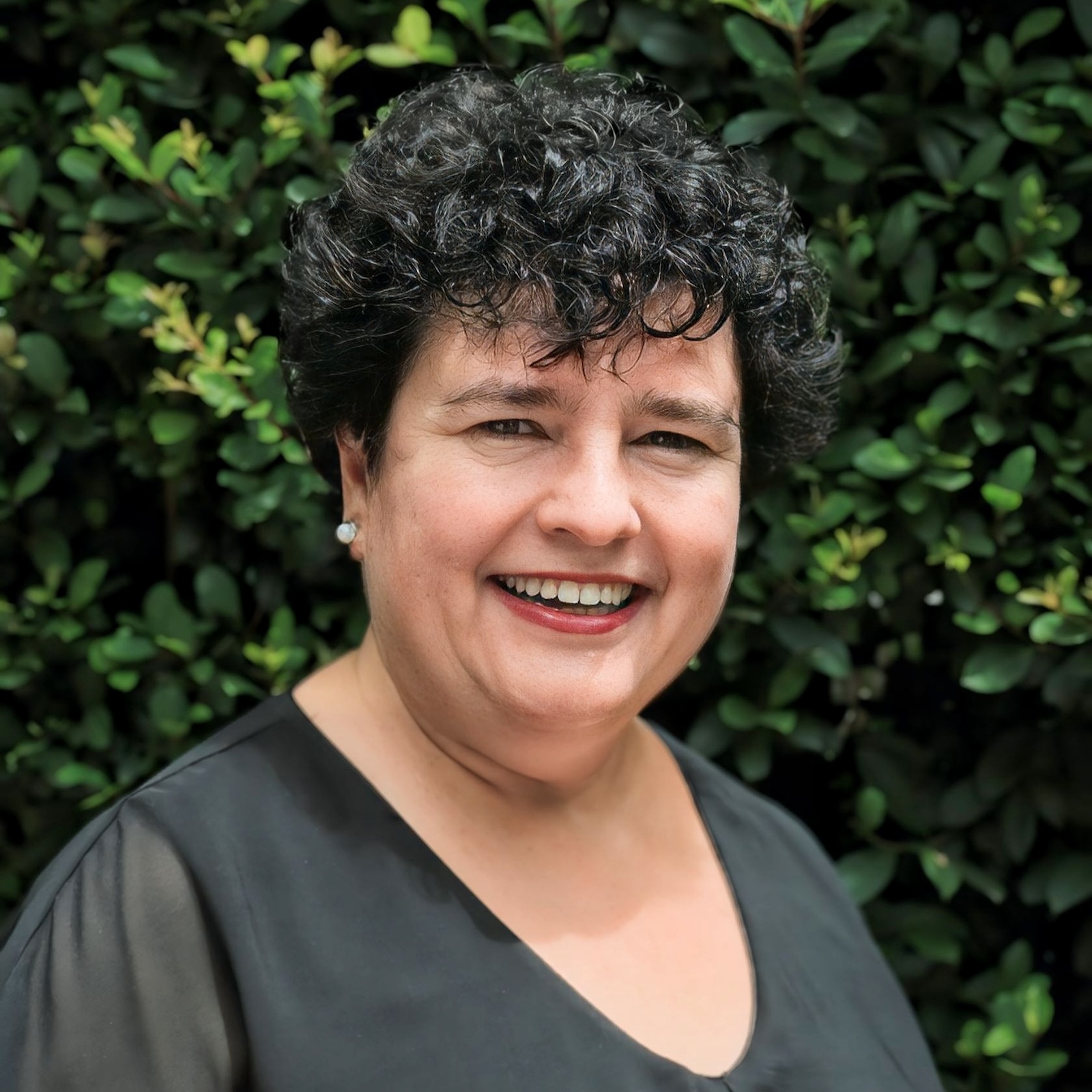
Emarie Botha
Non-Executive Director
Emarie has almost 30 years of investment banking experience. She is a Chartered Accountant with an LLB qualification with considerable corporate governance experience in a multi-national context. She is also a qualified life coach. Emarie has extensive JSE and international stock exchange listing experience. She is an executive director of a property group with interests in a number of shopping malls across South Africa.
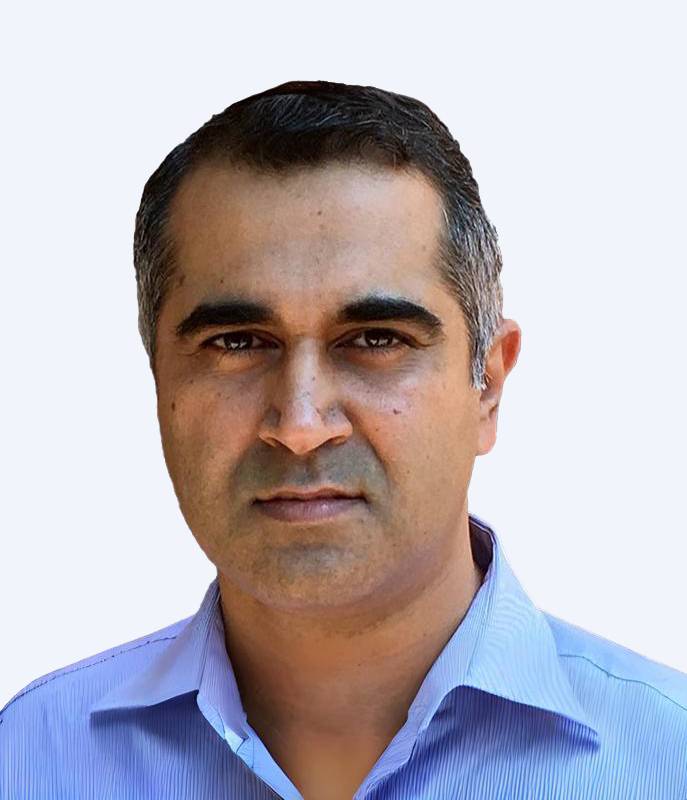
Vikas Mehta
Non-Executive Director
Vikas Mehta is the Founding Executive Director of the SED Fund. The SED Fund enhances clean energy access in South Asia through strategic support and funding to communities, think tanks and enterprises. As Executive Director, Vikas manages new portfolio and capacity development, and global strategic initiatives for the Fund.
Our Team
Our advisors, senior associates, and staff bring their unique skills and experience to Rabia's projects.
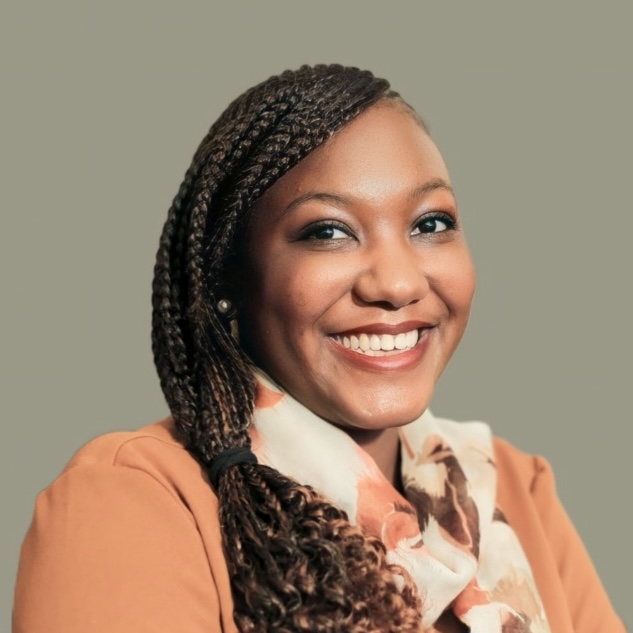
Ailly Sheehama
Research Analyst
Ailly has four years of experience covering criminal litigation, energy regulation and policy development, and social justice. Her work at Rabia is concentrated on Article 2.1c and how it relates to equity, climate risk assessment, and its social consequences, assessing national and international frameworks on just transitions and integration of just responses into the mandates of financial sector actors. Ailly has a Bachelor of Laws degree from the University of Namibia, and a Masters in international oil and gas law and policy, from the University of Dundee, Scotland. Her prior experience includes regulation and compliance for the Ministry of Mines and Energy (Namibia), research for the African Energy and Mineral Management Initiative (AEMI); and serving as a state prosecutor at the Ministry of Justice (Namibia). Ailly is passionate about climate finance policies that speak to the needs for Africa and promoting global South voices in the climate change space.
Explore Ailly's insights
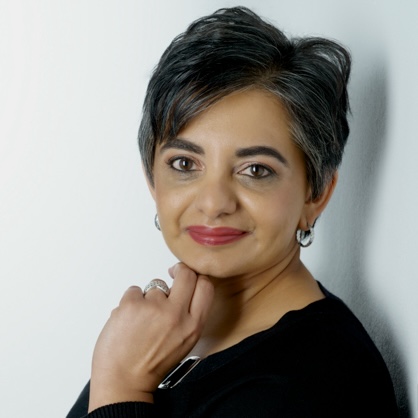
Fatima Hassan
Lead People & Culture
Fatima is a facilitator and people specialist with more than 25 years’ of experience working with Organisations and teams, in the private and non-profit sectors. She is a certified Culture Talk partner who supports Rabia as Lead People and Culture in fostering a collaborative culture that empowers people to take ownership and realize their potential. With a sound understanding of employment law, she develops frameworks that promote fair people practices and support Rabia’s goals. Fatima has a bachelor’s degree in industrial Sociology from the University of Witwatersrand and a Postgraduate Diploma in Human Resources Management from the Wits Business School. Passionate about making a difference, she facilitates meaningful conversations that keep us moving forward. A lover of words and how people connect, she enjoys getting lost in a good book, often about people connecting.
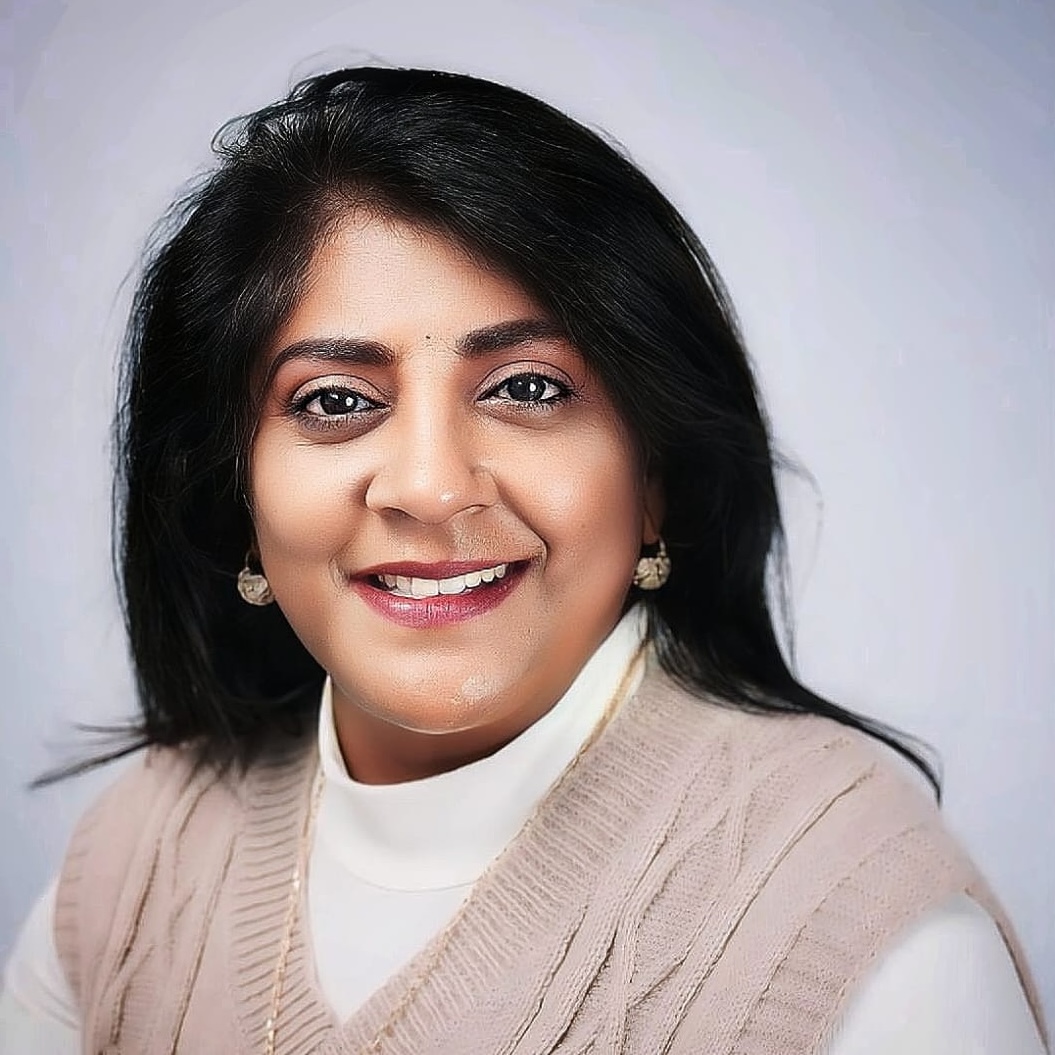
Nerissa Moodley
Lead Governance and Compliance
Nerissa Moodley is Rabia’s Lead Governance and Compliance and an independent consultant with expertise in governance and risk matters. She has almost 30 years of experience in the Corporate and Investment Banking Sector. Her professional development includes a Diploma in HR Management and Practices from IPM, Programme in HR Management (UNISA), completed the Leadership Programme for Standard Bank Management at the Global Leadership Centre. Nerissa has accumulated extensive knowledge and experience in Human Resource Management, Business and Change Management, Management of Employee Stock Ownership Plans, Benefits and Rewards Specialisation and Governance and Compliance matters at Board level. She is also an entrepreneur, founder and owner of an ECD centre. She has a passion for people, developing potential, is adept at working in both the private sector as well as in the public space. Nerissa enjoys going for long walks, travelling, sightseeing, and spending quality time with her family.

Patrick Lehmann
Research Analyst
Patrick is an energy policy and political economy analyst with five years of experience in renewable energy and climate policy research projects, as both a researcher and project manager, working in Europe and South Africa. His research at Rabia covers the just energy transition, Article 2.1c and its relationship with equity and justice, climate data gap analysis, and data technology options for central banks. Patrick holds an MSc in Development Studies from the London School of Economics, where his thesis looked at the changing nature of the Mineral Energy Complex in the context of South Africa’s energy transition, and a BA in Political Studies from the University of the Western Cape. Patrick’s prior experience was as a parliamentary researcher assessing various energy and economic policies, including the economic impact of new coal plants. At Climate Strategies a research network based in Europe, where he worked on research and stakeholder engagement projects focussed on just transitions and the decarbonisation of industry. In his free time, Patrick enjoys spending time outside, either enjoying Cape Town’s mountains or its beaches.
Explore Patrick's insights
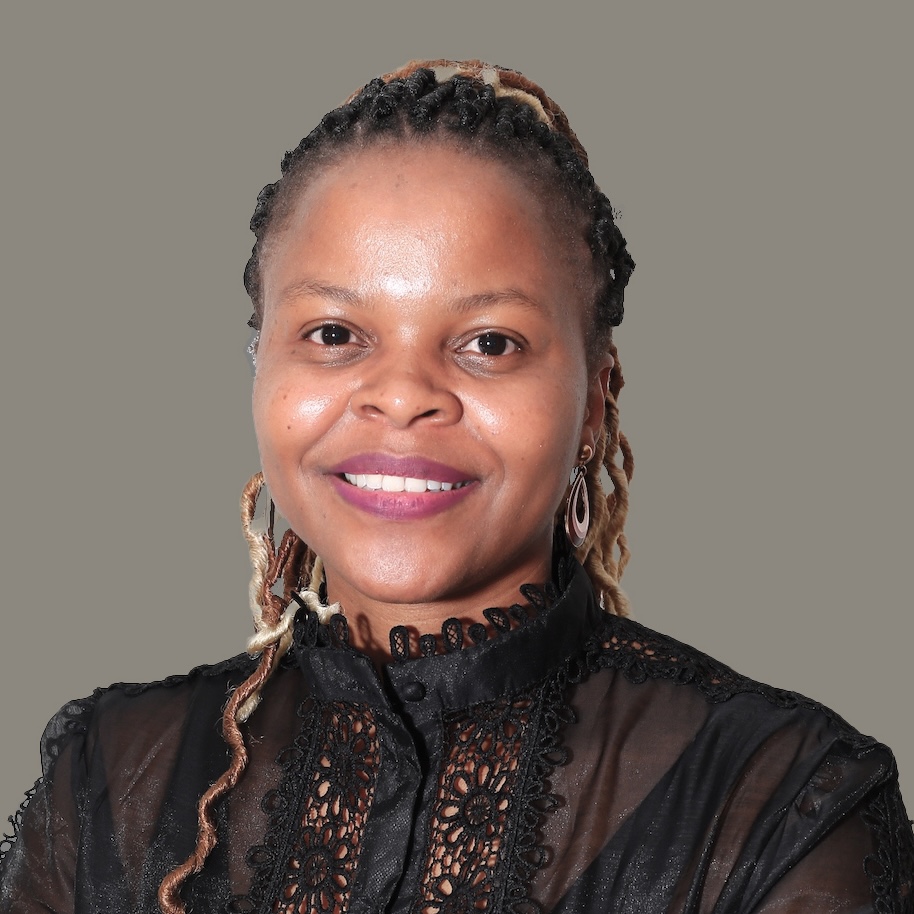
Theresa Mazarire
Research Analyst
Theresa is an environmental and climate scientist who has five years of research experience in earth observation science, and geospatial application in biophysical and health environments. Theresa’s work at Rabia focuses on developing data sets to bridge gaps for the financial sector, modelling health impacts of human-induced climate change, mapping climate-related data gaps for financial actors, and providing technical support to communities and civil society groups on topics such as climate change, just energy transitions, and frameworks. Theresa holds a Master of Science in Geographical Information System and remote sensing at the University of Witwatersrand, and an Honours bachelor’s degree in Geography and Environmental Science from Midlands State University. Theresa was named one of the twenty laureates of the International Awards L’Oréal-UNESCO for Women in Science and obtained a Wits Postgraduate Merit Award from the University of Witwatersrand for her current PhD research. Her research focuses on malaria vector ecology and the influence climate change has on its spatial-temporal distribution in the South African environment. In her personal time, Theresa enjoys home DIYs. This does not only provide balance but also inspires her work, reinforcing her dedication to creating a world where creativity and sustainability considerations are at the forefront of decision-making.
Explore Theresa's insights

Vijay Mitha
Lead Data and IT
Vijay Mitha is Rabia’s Lead Data and IT person assisting in transitioning to a more data-centric organization. Vijay has over 30 years of experience in the Information Technology industry across the manufacturing, healthcare, legal, and government sectors. Having studied at Nelson Mandela University in Port Elizabeth, he possesses a strong foundation in various IT areas, including system administration, network management, cybersecurity, data protection, project management, and implementation. His knowledge extends to hardware and software solutions, cloud computing, and emerging technologies such as Artificial Intelligence. Vijay has great problem-solving and analytical abilities, honed over years of working across diverse environments, allow him to clearly explain complex technical concepts and collaborate effectively with teams from any background. Vijay is an avid reader and enjoys cooking and writing poetry. His dedication extends beyond technology. His passion for sustainability is evident in his involvement with community projects utilizing renewable energy.

Yasmin Meerholz
Research Analyst
Yasmin is a financial economist with two years’ experience covering the private and public sector, particularly supporting the modelling of socio-economic and financial economic projects for the renewable energy sector and just transition. Their work at Rabia focuses on transition risk facing coal-dependent countries, climate risk for financial actors with a focus on energy transition dynamics, and climate data gap analysis for central banks. Yasmin has a Masters in economics from the University of the Witwatersrand specialising in capital flows and public economics. Their thesis focused on analysing the response of capital flows in South Africa to economic factors such as a change in the fiscal deficit. Yasmin is passionate about uncovering what is needed to create equitable development across the African continent and believes that the energy transition provides an avenue through which this can be achieved.

Zandile Mchunu
Communication and Administration Officer
Zandile is Rabia’s Communications Officer and Office Administrator, with seven years’ experience in public, private, and non-profit sectors. Her work involves amplifying the key research and community outreach content of Rabia through social media and developing content for the website and related public platforms, including stakeholder management. She is also responsible for the daily management of Rabia’s office in Rosebank. Zandile holds a BA degree in Public Management and Governance from the University of Johannesburg, as well as a certificate from the National School of Government in the 'Breaking Barriers to Entry into the Public Service' programme. Zandile interned at the National Department of Social Development in Stakeholder Management and Donor Coordination and as executive personal assistant to the Chief of Staff for the Ministry of Women in the Presidency. She has also worked in the Higher Education and Training sector at the University of Johannesburg, both in the Finance department and as an administrator in the Student Life and Governance department. Zandile enjoys watching documentaries and reading biography books.
Our Research Collaborators
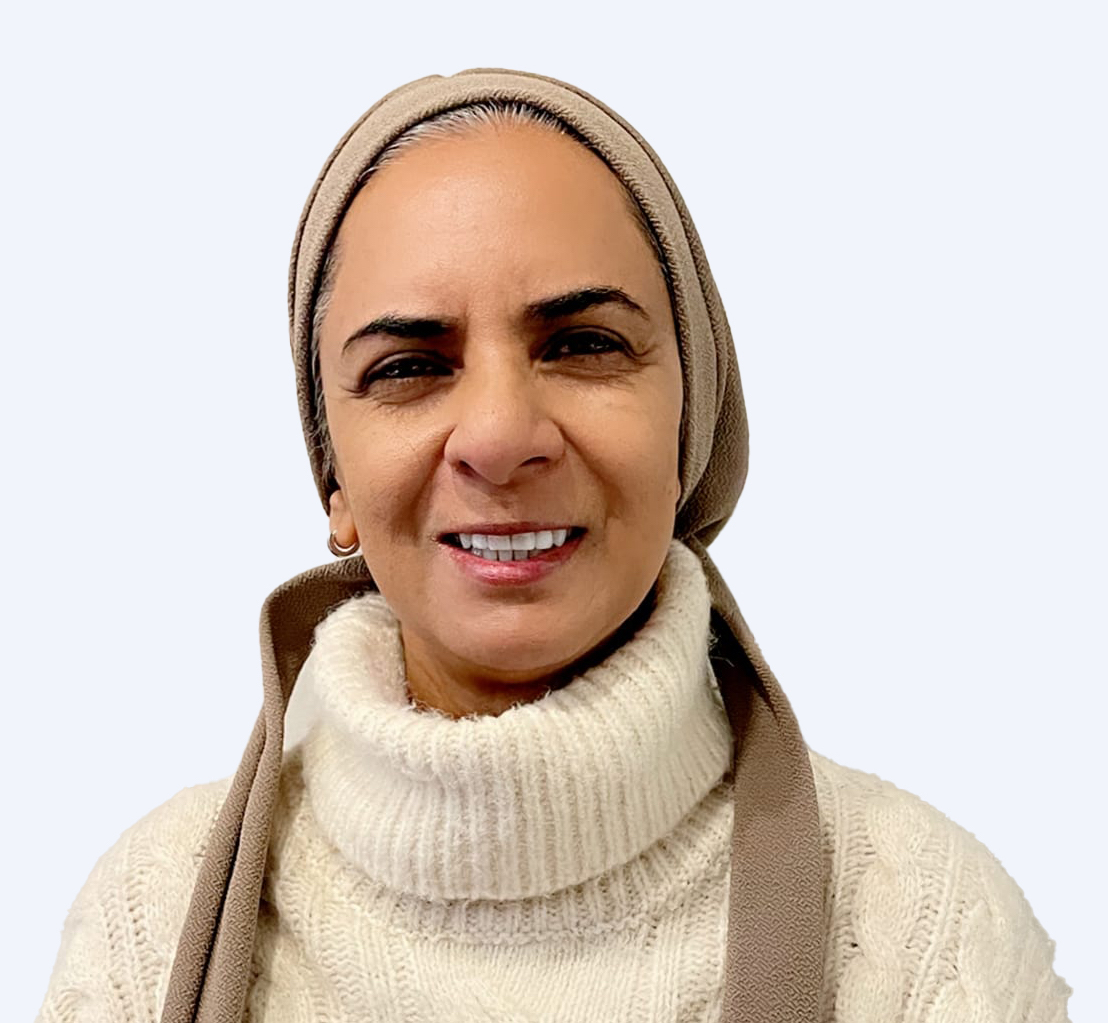
Amina Ismail
Amina has 25 years of experience in sustainable development projects and programme management, in her roles as senior consultant and government official. She has undertaken and managed research on a wide range of environmental, development, and governance topics, including for the delivery of international, national, and local strategic outcomes. She has specialist skills in social impact assessment and partnership management.
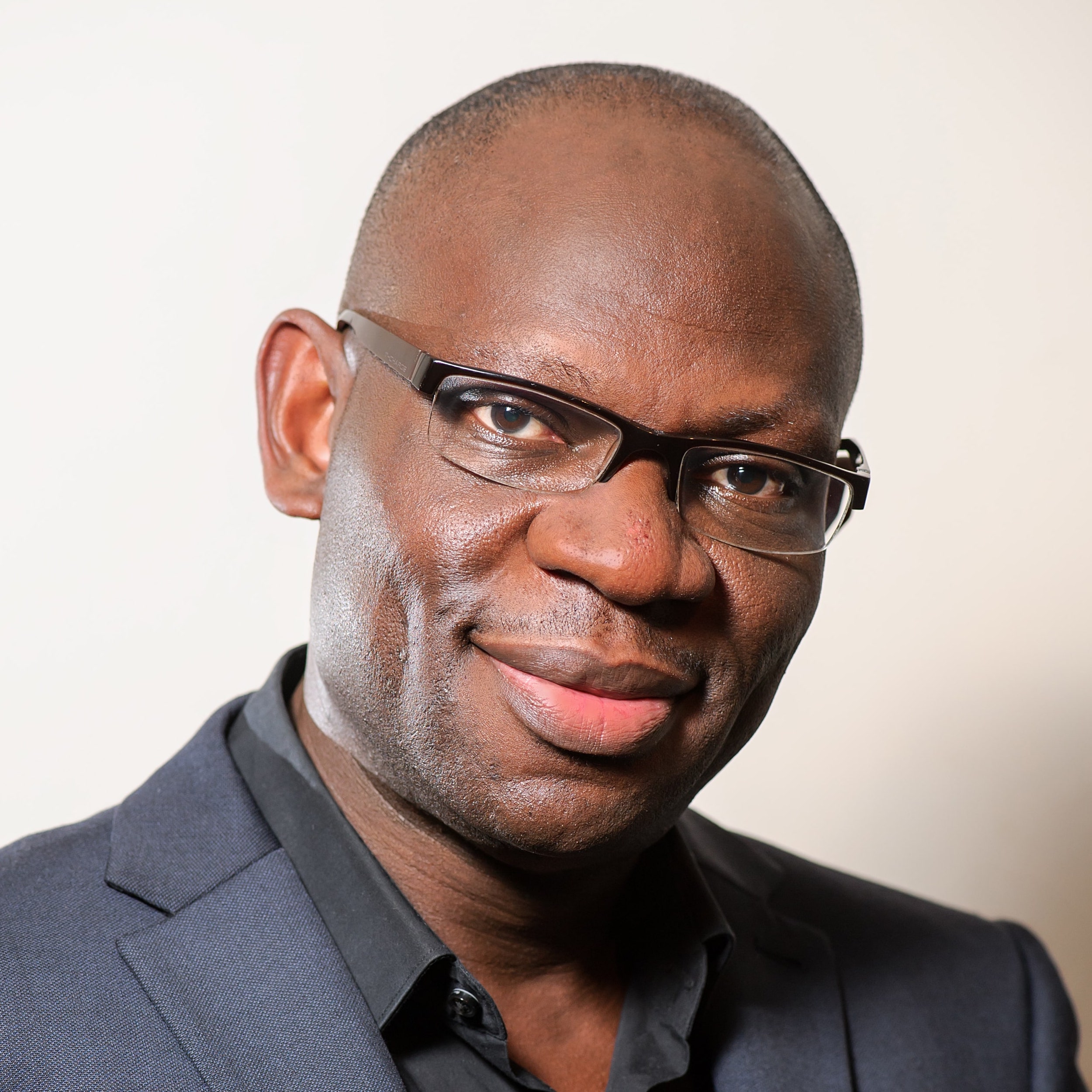
Chux Daniels, PhD
Dr Chux Daniels is a Research Fellow in Science, Technology and Innovation (STI) Policy at the Science Policy Research Unit (SPRU), University of Sussex Business School, United Kingdom, where he leads the Transformative Innovation Policy Consortium (TIPC) research and policy engagements on Africa. At Rabia, Dr Chux Daniels serves as an advisor. He is also the Director of the Transformative Innovation Africa Hub (TIAH), a Senior Fellow at Future Africa, University of Pretoria, and a Visiting Professor at the Graduate School of Technology Management (GSTM), also at the University of Pretoria, South Africa. His research interests and topics include STI, public policies, digitalisation, transformation, sustainability and climate change, the SDGs, capabilities, and political economy. He is widely published on these topics. Besides his academic activities, he is actively involved in STI policies and policymaking. He has delivered innovation and policy projects for several governments and organisations including the African Union, UN (UNTAD, UNTB, ESCAP, DESA, UNESCO), European Commission, and the World Bank. Dr Daniels holds a PhD in Science and Technology Policy Studies from SPRU, University of Sussex, UK.
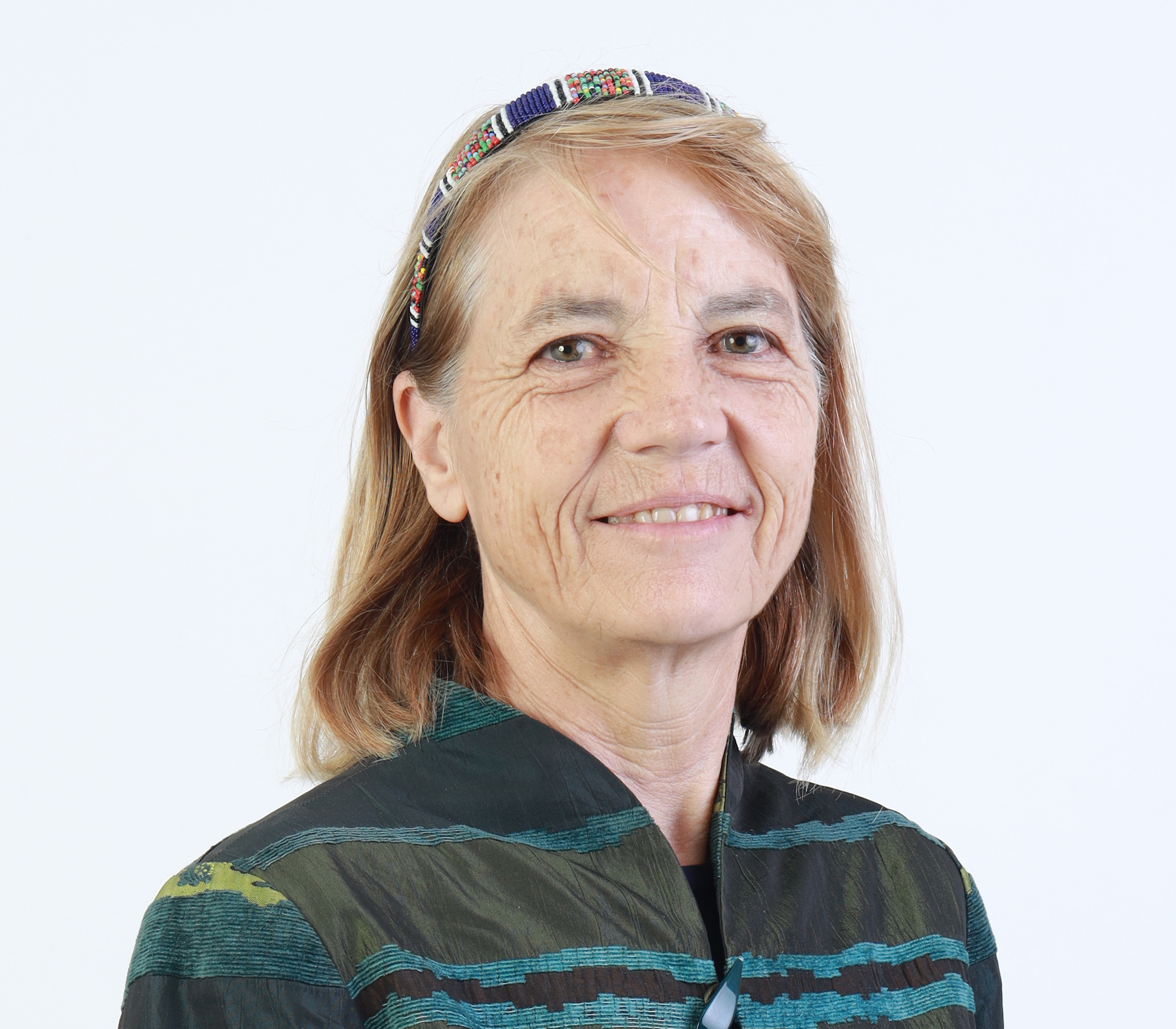
Judy Beaumont
Judy Beaumont has worked in the environmental sector for thirty years, focusing on environmental sustainability, ocean and coastal management and climate change response. Apart from being an associate of Rabia, she is the part-time Director of the International Ocean Institute of Southern Africa. Before that, she worked for the South African Government in the department responsible for environmental management. In the portfolio on ocean and coastal management, Judy was responsible for programmes aimed at giving effect to marine and coastal legislation, expanding South Africa’s marine protected areas, growing South Africa’s blue economy, promoting integrated coastal management and co-ordinating the National Antarctic Programme. In the portfolio on climate change, she was responsible for providing direction and leadership on South Africa’s climate change response. Judy has also represented South Africa in various multi-lateral environmental negotiations, including the UN Framework Convention on Climate Change, the UN Environment Program and the UN Commission on Sustainable Development.
Explore Judy's insights

Kamleshan Pillay
Kamleshan Pillay is the director of Adaptive Management and Finance, a specialist consultancy focused on climate finance based in South Africa. During his career, Kamleshan has had the opportunity to undertake climate change projects for the South African government (Department of Environmental Affairs), the Norwegian Government (Climate and Environment Department (KLD), Ministry of Foreign Affairs), International Organizations such as UNIDO, SADC, UNDP, and major donor entities such as NORAD, IKI and the IDRC. Kamleshan holds an MPhil from the University of Cambridge and is currently completing his PhD specialising in Climate Risk and Adaptation Finance from the University of the Witwatersrand in Johannesburg.

Kim Adonis
Kim Adonis is an economist that has worked as a trusted advisor to governments, regulators, companies and donors for 18 years. Kim is a passionate advocate for socio-economic development in Africa, and for the development of the economics profession in South Africa. Kim specialises in quantifying socio-economic impact in a range of sectors, including: energy, water & sanitation, transport, logistics, urban & built environment, aviation, oil & gas sectors, agriculture & agribusiness, manufacturing. She has worked on projects across 10 countries in Africa. She holds a Master’s degree in economics and is the Executive Secretary of the Economics Society of South Africa.

Matt Huxham
Matt Huxham is a Director of Climate Transition Analytics at global insurance broking and consulting firm WTW. Matt works with Rabia to support public sector partners in the SADC region on issues of climate transition risk, macroeconomics, and financial regulation. At WTW, he leads a consulting practice that provides advice to governments, central banks, and financial supervisors on climate risk. Matt’s team helps its clients identify, measure, and manage transition issues: at local level, within national economic and financial systems and in international trade and geopolitics. He is currently working with clients in Latin America, Africa and South-East Asia. Prior to joining WTW, Matt was a Principal at leading climate non-profit Climate Policy Initiative, leading research on policy, regulatory, and financing options for lowering the cost of decarbonising electricity and industrial sectors. By training, Matt is a trained accountant and credit risk specialist, with previous roles at Moody’s Investors Service and Royal Bank of Scotland. He was also a senior adviser to the UK government on electricity market reform. Matt holds an MA (Oxon) in Russian and Linguistics from the University of Oxford and an MA in Modern History from University College London.
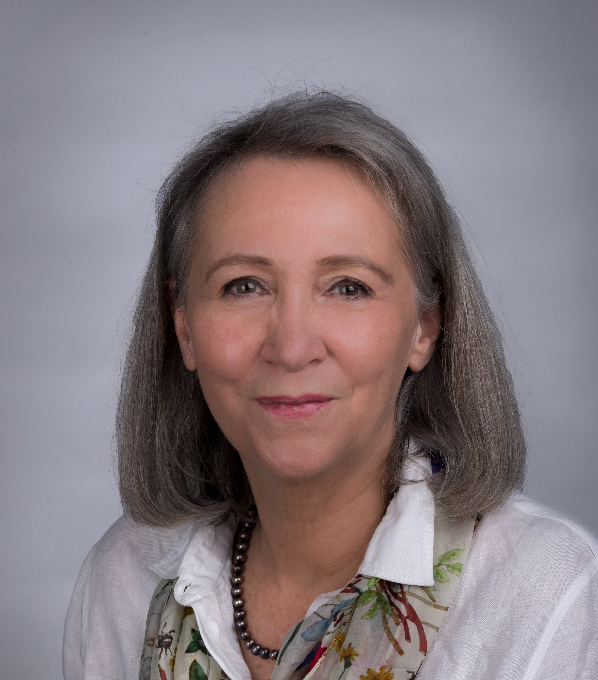
Penny Herbst
Penny Herbst has 40 years experience in the energy sector — a large part of this in Eskom’s Treasury department. Among other duties, she managed Eskom’s foreign and interest rate risk, money and capital market investments, project finance transactions and the structuring of projects to mitigate risks associated with projects in Africa. She led the formation of Eskom’s Development Finance unit where, in the role of Development Financing Manager, she was instrumental raising, in excess of $6bn, from DFIs and related institutions. This included funding for Eskom‘s 1st two renewable projects where she facilitated the development of South Africa’s country programme for accessing the Climate Investment Fund. Following the conclusion of the renewable financing activities she formed part of the management team that established Eskom’s Renewables Unit (RU) where she worked on bridging the gap between financing and implementation of the Sere Wind Farm in Vredendal. In her role as part of Eskom’s RU she also formed part of the team that sought to implement Eskom’s Concentrated Solar Project (CSP), a project which included a storage component. This project has subsequently been replaced the Eskom Battery Energy Storage System (BESS) which RFP was launched in August of this year. She acts as independent advisor on matters relating to achieving a sustainable energy transition with a specific focus on the justness of energy / climate finance. In 2022, she served as a member of South Africa’s Presidential Climate Change Task Team.
Explore Penny's insights
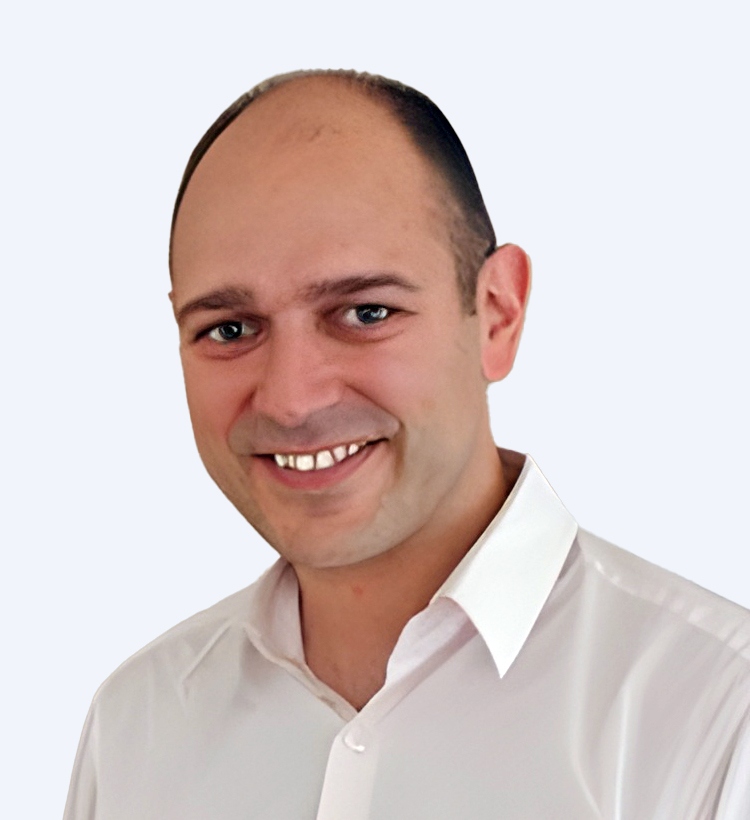
Pierre Monnin, PhD
Pierre Monnin is a Senior Fellow at the Council on Economic Policies (CEP) and a Visiting Professor in Practice at the Grantham Research Institute on Climate Change and the Environment in the London School of Economics and Political Science. His work focuses on monetary policy, financial regulation, and their links with environmental and social sustainability. Prior to that, he was with the Swiss National Bank (SNB) in various roles for ten years – with a focus on financial stability and macroprudential policy as well as on financial markets developments. He also worked at Man Investments, developing asset allocation strategies for alternative investments, and was a Lecturer in international money and finance at the University of Neuchatel. He holds a PhD in Economics from the University of Zurich, a MSc in Economics from Queen Mary, University of London, as well as a MSc in Statistics and a BA in Economics from the University of Neuchatel.



